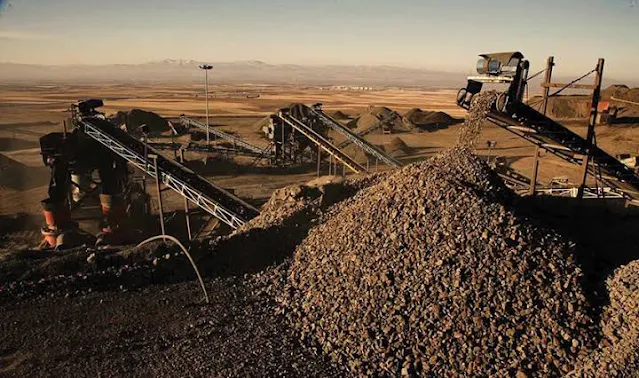The Association for Protection of Democratic Rights (APDR) has issued a press statement raising concerns over alleged human rights violations in Bastar, Chhattisgarh, under the ongoing security operations labeled as "Operation Kagaar." The organization claims that since the new state government assumed office under Chief Minister Bishnu Deo Sai on December 13, 2023, there has been a significant increase in violence, resulting in the deaths of over 300 individuals.
The APDR alleges that a large portion of those killed are civilians misidentified as Maoists in encounter operations conducted by paramilitary forces such as the CRPF, CoBRA, and District Reserve Guards. The group has called for transparency, stating that the identities of those killed have not been verified and has demanded a halt to such operations.
Union Home Minister Amit Shah has reportedly set a deadline of March 2026 for the complete eradication of Maoists. The APDR suggests that this timeline might be linked to resource extraction plans in Bastar, which is rich in mineral reserves. The statement accuses the government of prioritizing corporate interests over human rights, citing the establishment of nearly 200 paramilitary camps in the region.
The APDR argues that left-wing extremism is a socio-economic issue rooted in structural inequality and advocates for dialogue with Maoist groups as a solution. The organization has put forward the following demands:
1. Immediate cessation of "Operation Kagaar" and similar operations.
2. An end to the policy of targeting armed opposition groups through military action.
3. Withdrawal of the policy of elimination and initiation of dialogue with Maoists.
4. Halt to the establishment of new paramilitary camps and the disbanding of existing ones.
5. Repeal of bans on organizations like the "Moolwasi Bachao Manch.
6. Release of individuals detained under allegations of Maoist links.
7. Adherence to the Fifth Schedule for any projects in Adivasi regions, including obtaining consent from local Gram Sabhas.
8. Stopping the use of drone bombings and mortar attacks in Adivasi areas.
The APDR emphasizes that addressing the root causes of the conflict through socio-economic measures is crucial to resolving the ongoing unrest. The organization has urged the government to reconsider its approach and prioritize democratic and human rights principles.


Comments